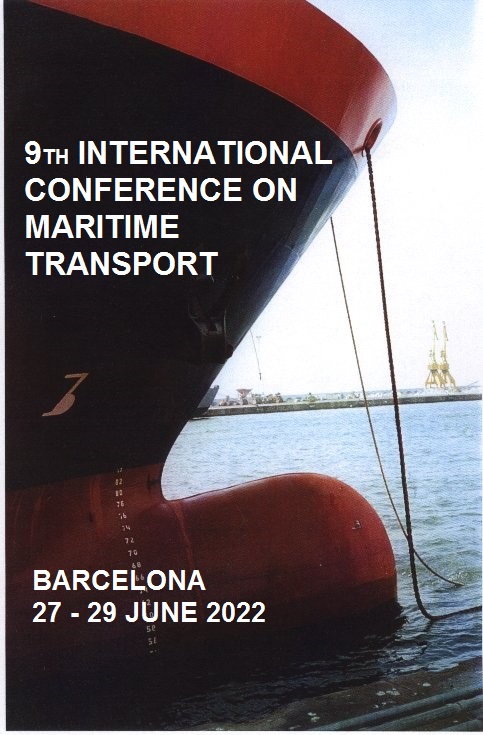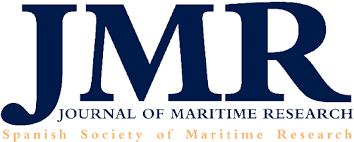Analysis of IMO 2020 and the adaptation of shipowners operating in Spain
DOI:
https://doi.org/10.5821/mt.11030Keywords:
IMO 2020, Sulphur Limit, Sulphur Emissions, Sulphure CapAbstract
Shipping sector has always been pointed as one of the most contaminant ways of transport and this can be debated extensively. Ships emit emissions that contribute to air pollution worldwide and IMO is concerned about the problems of shipping emissions and its hard working to make this sector cleaner and more environmentally friendly.
To achieve this goal, the specialized UN agency is engaged in new regulations. One of the most important ones, which is the backbone of this study, is the new global sulphur limit for maritime shipping that entered into force last 1st of January 2020. Its main objective is the reduction of vessel’s emissions, especially SOX ones. Nowadays, all ships need to use bunkers with a sulphur content that does not exceed 0.5% m/m
The entry into force of the new global sulphur limit for maritime shipping imposed by the International Maritime Organization, last 1st of January 2020, has supposed a huge change for all shipowners and for the whole sector. Several solutions to cope with this appeared on shipowners tables, who faced an important challenge choosing the one that suits them the most.
This paper focuses on making a general overview about the existing academic research done on this topic. Its main objective consists in making a research to see how shipowners operating in Spanish ports have adapted their fleets and to obtain their feedback after these months since the implementation of the new sulphur limit.














